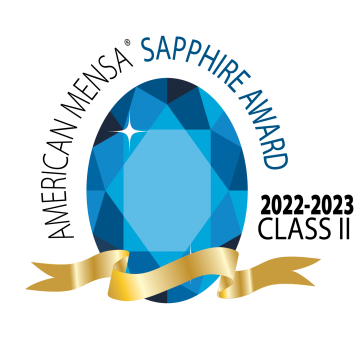Orange, CA
Graduate Student, Univ. of Calif., Irvine (Seeking a Doctorate in Medicine)
After reading about innovative scientists like Benjamin Franklin when growing up and witnessing abject poverty in unindustrialized areas of the world, I decided in high school to contribute to society by becoming a scientist and investigating diseases that afflict people globally. I therefore sought out a biochemistry research internship at CSU Fullerton as a high school student, and I continued to conduct research under several professors as a UC Berkeley chemistry undergrad. As my exposure to science grew, I became interested in seeking the tangible connection between the research process and its eventual applications to patients worldwide. Pursuing a career as a physician-scientist became an obvious decision. I thus applied and was accepted into the UC Irvine MD-PhD Program, an 8-year program that augments the standard medical school curriculum with the additional rigors of graduate-level research training. Earlier this year, I completed my PhD in Pharmacology and now on track to complete my MD training in 2014. Afterwards, I intend to become an academic endocrinologist at a medical university, where I will both carry out clinical research and treat patients.
Over my last seven years at UC Irvine, I have gained a strong interest in the field of metabolic disorders, of which some have become global health epidemics (e.g. obesity, diabetes). Accordingly, after completing two years of medical school, I began working with a physician-scientist, Dr. Pietro Galassetti, and the UCI Atmospheric Chemistry Laboratory (co-directed by Nobel Laureate Dr. Sherwood Rowland and Dr. Donald Blake) to design clinical experiments and develop mathematical models for non-invasively measuring blood sugar and fats via the analysis of exhaled breath gases. As our findings may lead to the replacement of current blood-based medical tests, the downstream evolution of this study may have a clinically applicable impact for those suffering from diabetes. This technology will lead to better diagnosis (especially in resource-poor settings where sterile phlebotomy is difficult) and improved management of the disease (via increased patient compliance), leading to an overall reduction in worldwide healthcare expenditure.
The technical expertise in chemistry, statistics, and medicine in addition to the communication and critical thinking abilities that I will gain during my MD-PhD training will constitute a solid foundation for my future career. Thus far, I gained valuable biomedical knowledge and practical laboratory experience under the mentorship of successful scientists and clinicians. My research advisor, for instance, has not only been teaching me how to approach scientific problems, but he is also training me to effectively communicate theoretical concepts to our study participants (in lay terms) and scientific audiences. I have now published 6 peer-reviewed scientific manuscripts and presented 12 abstracts at international conferences. Dr. Galassetti has also mentored me through my successful applications for the prestigious National Research Service Award from the “National Institutes of Health”, the ARCS Foundation Fellowship (awarded annually to 10 UCI doctoral students), and my selection as a 2012 “Paul & Daisy Soros Fellowship for New Americans” Finalist.
In summary, my graduate education is allowing me to develop crucial conceptual and technical skills that will prepare me for a future career as an academic endocrinologist. My career goals would be fully attained if I can contribute to the development and worldwide implementation of more efficacious and cost-effective treatments for metabolic diseases.

